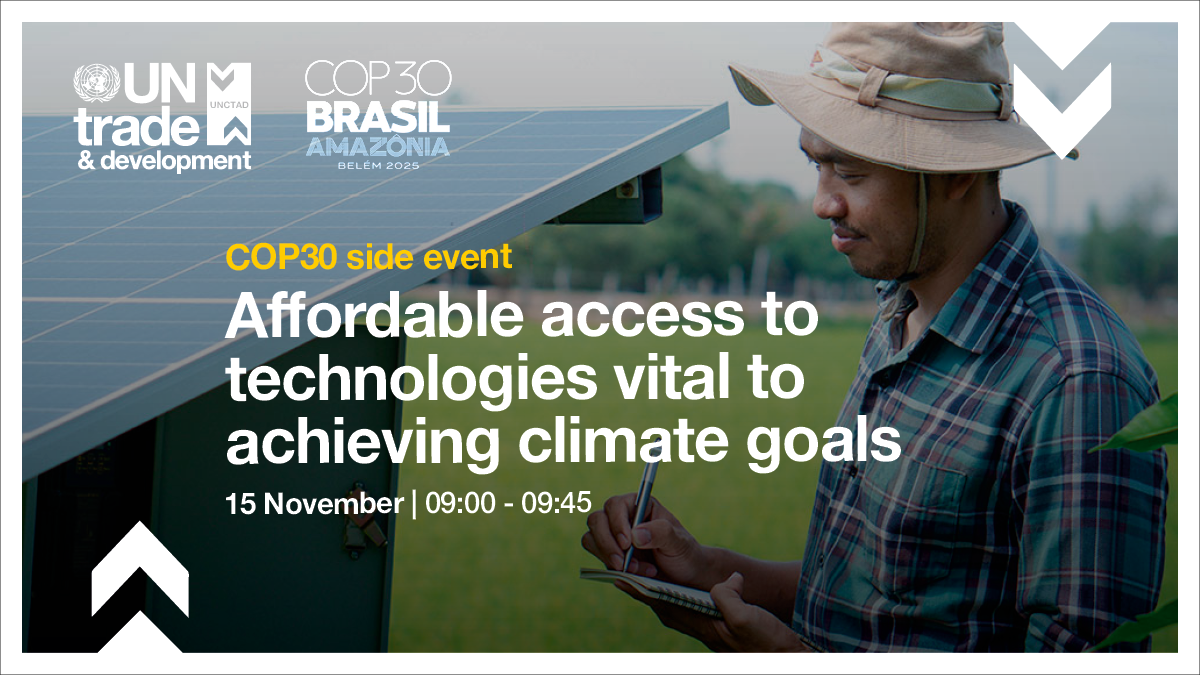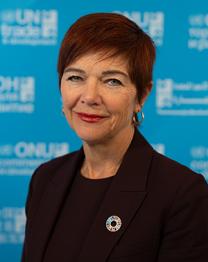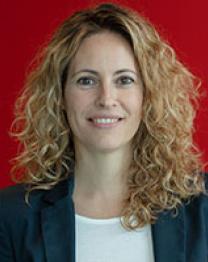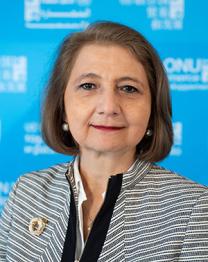
©AdobeStock
Technology transfer has been part of international treaties and UN outcome documents for decades, including in relation to climate mitigation and adaptation goals. Yet technologies that are vitally needed to accelerate climate action, do not flow to those that need them the most and uptake of such technologies is limited by a range of factors.
Trade has a key role to play as a transmission factor, enabling cheaper access to technologies for which the domestic production might be too costly or too complex, and trade cooperation will be vital to accelerate affordable access, but a broader focus will also be needed. This session aims to focus attention on the range of factors key to boosting access to affordable technologies, including the cost of capital, skills, regulatory environment, investment, trade policies, as well as the role that the private, public, academic sectors can play in supporting win-win solutions such as co-development, production or partnerships on technology.
Key Takeaways / Learning Outcomes
How an ecosystem of actors needs to come together to ensure those that most need technologies and capacity building to implement climate solutions have affordable access to them, while ensuring co-benefits in regard to biodiversity and pollution priorities, and to achievement of the SDGs.
Agenda
- Ms. Chantal Line Carpentier, Head of the Trade, Environment, Climate Change and Sustainable Development Branch, UN Trade and Development
- Ms. Luz Maria de la Mora, Director of the Division on International Trade and Commodities, UN Trade and Development (UNCTAD)
- Ms. Ieva Baršauskaitė, Senior Policy Advisor, International Institute of Sustainable Development
- Ms. Kudzai Sharon Kandemiri, Youth Negotiators from Zimbabwe
- Mr. Abdourahamane Diallo, UN Resident Coordinator, Republic of Congo
- Ms. Noelia Garcia Nebra, Head of Sustainability and Partnerships, ISO
- Ms Ketakandriana Rafitoson, Executive Director, PWYP and Vice-Chair, Transparency International and Resource Justice

Dr. Carpentier, from Quebec, Canada, is Head of Trade, Environment, Climate change, and Sustainable Development Branch of UNCTAD’s Division on International Trade and Commodities (DTIC). Her work with governments and partners foster green, blue, circular, and impact economies that supported by trade, are key to addressing the triple planetary crisis: climate change, pollution and biodiversity loss. She came to Geneva after leading the UNCTAD New York office, representing the SG and coordinating UNCTAD’s support to inter-governmental negotiations of the UN General Assembly (2015-2023).
She held several other positions. At the UN Department of Economic and Social Affairs, she facilitated the engagement of NGOs, women and youth’s groups, business, local authorities, etc. in the SDGs negotiations and the UN Rio+20 Conference (2011-2015). She also supported the Commission on Sustainable Development research and negotiations on sustainable agriculture and sustainable consumption and production (2007-2011).
Prior to joining the UN, she Headed the North American Free Trade Agreement Commission for Environmental Cooperation’s, Environment, Economy and Trade Division (2000-2007), was Agro-environmental policy analyst for Winrock International (1998-2000) and post-Doctoral fellow/Brazil office manager for the International Food Policy Research Institute (1996-1998).
She has a PhD. in Agro-Environmental Economics from Virginia Tech, as well as a MSc. and BSc. in Agro- Economics from McGill University and is an ironman and ultramarathoner. She is a Yale World Fellow, received the 2023 Schwab Foundation for Social Entrepreneurship public intrapreneur award, and is a UNEP Who’s Who of Women and the Environment.
Ieva Baršauskaitė leads IISD's work on trade and the green transition, including research and advisory work with governments on the role of trade policy in industrial decarbonization and in the fight against major environmental challenges.
During her 15-year diplomatic career at the Lithuanian Ministry of Foreign Affairs, Ieva has worked on a broad range of negotiations and processes related to the international economy, trade, environment, and energy.
She has represented the Government of Lithuania as Deputy Permanent Representative at the World Trade Organization (WTO) and served as the chairperson of the WTO Committee on Subsidies and Countervailing Duties, as well as the Vice-Chairperson of the Organisation for Economic Co-operation and Development Joint Working Party on Trade and the Environment.

Noelia Garcia Nebra has over 15 years of experience in international sustainability policy, capacity building, and strategic partnership development. Currently serving as Head of Sustainability & Strategic Partnerships at the International Organization for Standardization (ISO), she leads efforts to advance ISO’s contributions to the UN Sustainable Development Goals, addressing key global challenges such as climate change, plastic pollution, and biodiversity loss.
Her career spans roles at ISO and UNCTAD, where she has spearheaded initiatives in gender equality, institutional strengthening, and investment policy. Noelia holds a Master's degree in International Economics from The Graduate Institute, Geneva.

Luz Maria de la Mora is the Director of UNCTAD's Division on International Trade and Commodities. As a former Vice-Minister for International Trade and decades of government and private sector positions, Ms. de la Mora developed a career in international trade policy, negotiation, operations, and trade promotion.
During her tenure as Vice-Minister for International Trade of Mexico from 2018 to 2022, Ms. de la Mora led Mexico's trade and investment policy, overseeing fourteen free trade agreements with 51 countries. To bolster Mexico's development, she steered discussions in the World Trade Organization, the United States-Mexico-Canada Trade Agreement, Comprehensive and Progressive Agreement for Trans-Pacific Partnership, and Pacific Alliance, among others. She also coordinated policy dialogues and handled private sector consultations.
Ms. de la Mora holds a PhD in Political Science from Yale University, USA, a Master's degree in International Affairs from Carleton University, Canada, and a Bachelor's degree in International Relations from El Colegio de México, Mexico.
She is fluent in English and Spanish, and proficient in French.
Dr Ketakandriana (“Ke”) is a respected political scientist, researcher, activist, and human rights defender. She is the Vice Chair of Transparency International’s Board of Directors, a member of the International Board of the Fisheries Transparency Initiative (FiTI), and of the African Women Against Corruption Network’s Advisory Board.
With extensive experience in the energy and the governance (anti corruption, transparency, accountability) sectors, Ke has been engaged within national, regional and international civil society for almost 20 years, notably as the Executive Director of Transparency International Initiative Madagascar.



